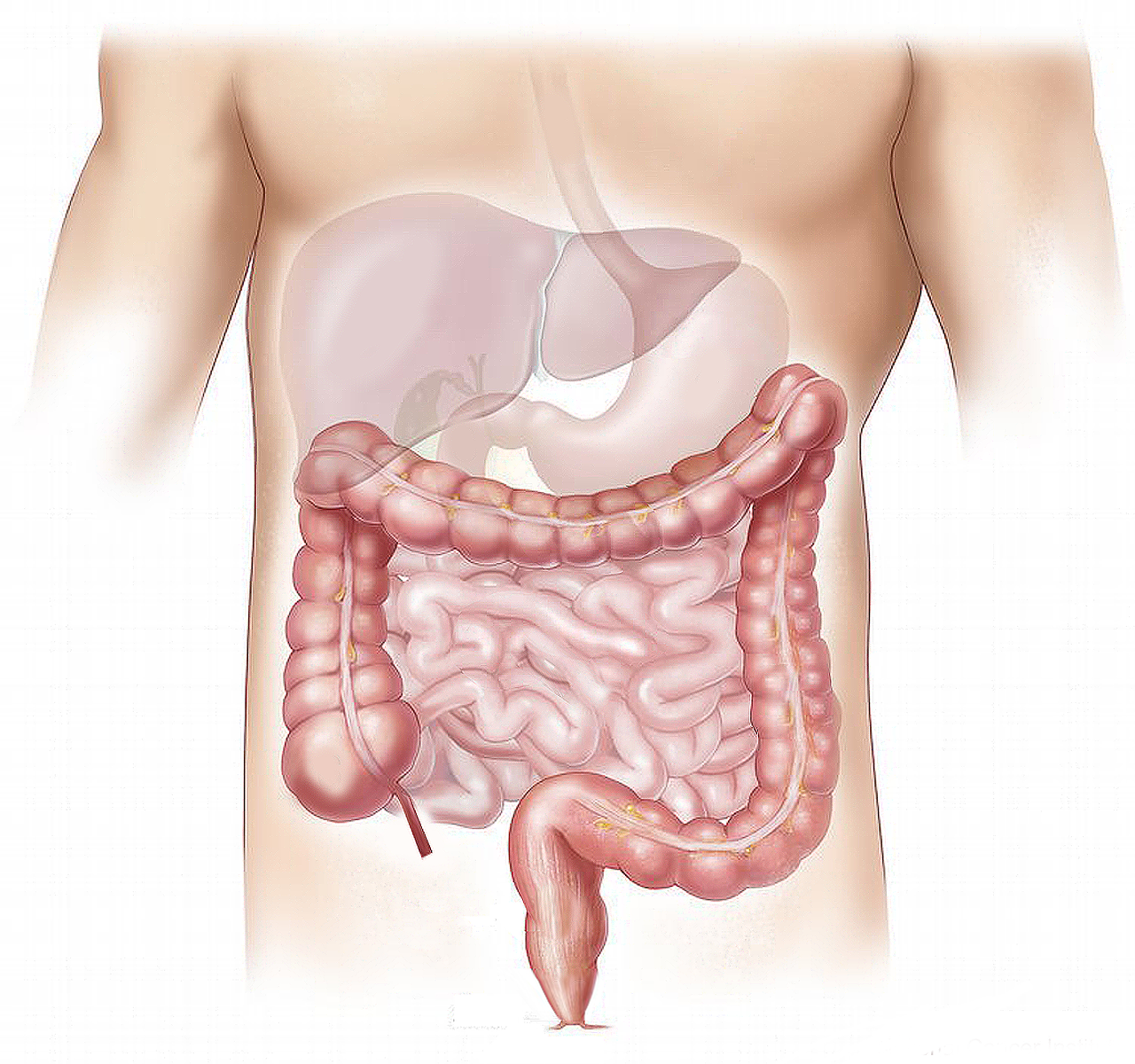Over the last decade, there has been a growing incidence of colon cancers among younger individuals such that the recommended age for starting colon cancer prevention is now 45 instead of 50. Actually, the guidelines changed to age 45 in 2018 but insurance companies elected not to pay for average risk colon cancer screening until recently (that’s a story for another day).
Regarding the growing incidence of colon cancer among younger individuals, the causes are not fully clear. However, in my opinion, it’s interesting to note that as the Western Diet (typically rich in red meats, animal fats, and processed foods) has proliferated, colon cancer incidences have also increased. In fact, the CDC (Centers for Disease Control and Prevention) lists the risk factors for colon cancer as lack of fiber, lack of physical activity, obesity, alcohol usage, and tobacco. Obviously, family history and personal history of inflammatory bowel disease such as Crohn’s and Ulcerative Colitis play a role.
So, what do I think is the best way to prevent colon cancer? To be fair, I am a bit biased because I am a gastroenterologist – doing colonoscopies is how I make a living. Currently, Tier 1 recommendations for colon cancer prevention include the FIT (Fecal Immunohistochemical Test) or the Colonoscopy. Tier 2 recommendation is the Cologuard test. Keep in mind that Tier 1 is superior to Tier 2. Both FIT and Cologuard tests are stool-based studies.
The FIT test picks up on human specific blood (we may or may not see this blood in our toilet), which may otherwise suggest an ongoing cancerous process. If the FIT test is negative, you won’t need another one for 1 year. If the FIT test is positive, then you need a colonoscopy. The colonoscopy offers direct visualization and subsequent detection of colon polyps, some of which are precancerous – meaning that had they stayed in your colon for many years, they may have become colon cancer. Should there be a polyp, at the time of your colonoscopy, said polyp can be removed such that they can’t become colon cancer inside of you. The Cologuard test picks up on human specific blood as well as cancerous DNA changes. If the Cologuard is negative, then you won’t need another one for 3 years. If the Cologuard is positive, then you need a colonoscopy.
There are draws to all 3 tests. Hemorrhoidal bleeding can turn a FIT test positive. The Cologuard actually has a high false positive rate, hence the Tier 2 rating. The colonoscopy is a procedure and procedures are not without risks including bleeding, perforation, pain, and spleen rupture. But the biggest problem with both FIT and Cologuard is that they are not good at detecting small precancerous polyps (polyps that are not cancer but have the potential to become cancer if they remain in your colon for a long time). From that perspective, the FIT and Cologuard are then better at detecting colon cancer rather than preventing colon cancer.
So, which one is more preferable? Well, you already know my answer – the colonoscopy. But for those who are interested in colon cancer screening measures and not quite on board with procedures, then a stool-based test is better than nothing.
